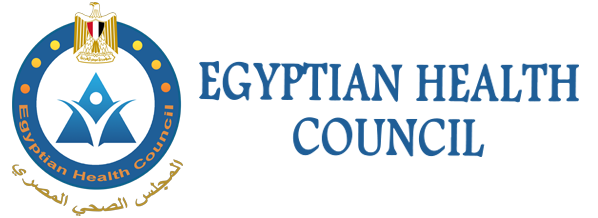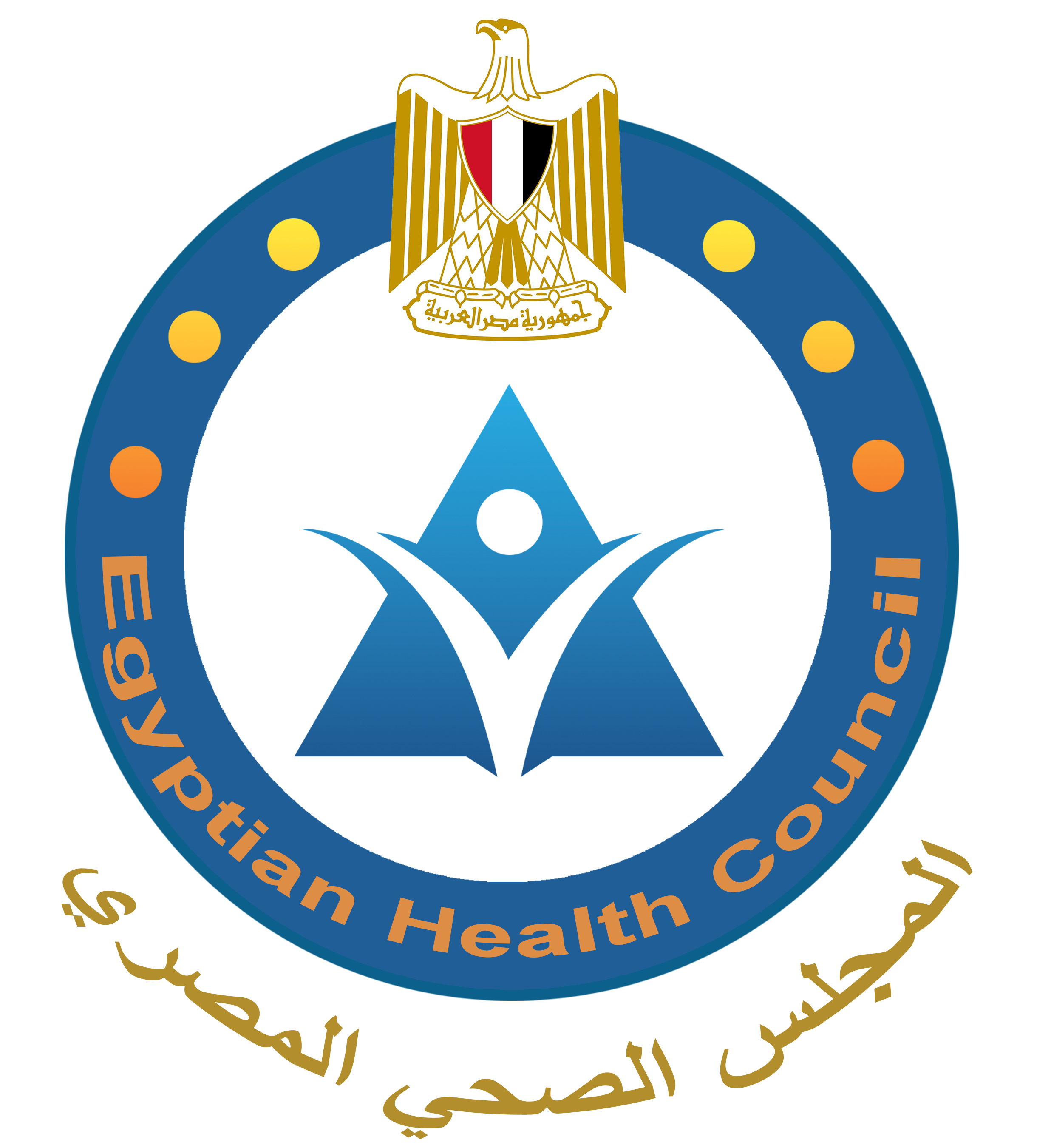
Chapter Five
- Effective supervision
Supervision concept:
- In its simplest sense, supervision means getting work done through others.
- It is also reassured that individuals carry out their duties and responsibilities in the required manner
- It is the effort made by the person in charge of the team to help its members perform their duties fully, push them to achieve all the desired goals, and direct them on how to overcome the problems and obstacles that may encounter them while performing their work, in addition to coordinating the efforts of the employees, transferring experiences among them, and helping them develop .
- Supervision is the process of monitoring work and giving directions, and it is an important part of the effective follow-up process. Therefore, supervision helps improve performance and achieve goals, and supervisors They are responsible for helping other workers to improve the performance of their work and achieve the goals of the organization in which they work. A successful supervisor is one who provides support and assistance without domineering and has skill, understanding and patience.
- ** What is effective supervision?
- It is the implementation of work and achieving goals through subordinates.
- It is dealing with people, accomplishing work, and achieving results through others.
- The ability to motivate employees and achieve consistency and integration in performance to complete work and achieve common goals.
- The practical technical element.
- Administrative element.
***Administrative supervision is the ceiling of the administrative process, which consists of planning, organizing, implementing, and evaluating. The administrative supervisor understands the strategic goals of the organization that it seeks, accurately determines its actual reality, identifies the performance gap between reality and what is hoped for, and seeks to train, qualify, and motivate the workers he supervises and prepare the environment for them to achieve. The strategic objectives are according to a carefully studied plan. He periodically evaluates the extent of his achievement and seeks continuous improvement of the administrative system. Therefore, he has diverse knowledge, high capabilities, and precise specialized skills that contribute to his success in his mission.
Who is an effective supervisor?
The supervisor is the one who applies the principles of management only, while the effective supervisor is the manager or official who applies the principles of management in his daily work and directs the available resources towards success. He does not achieve the required effectiveness except by taking into account interests and good dealing and behavior.
Characteristics of good supervision:
Commitment achieves the following goals:
- The relationship of participation between the superior and the subordinate on goals and methods of work
- Work in a team style and encourage holding periodic meetings and reaching agreement on what is being discussed
- Fair distribution of agreed upon tasks
- Reward and punishment for those who deserve or further training
- Discuss progress and problems that arise
- Not to be biased or discriminate between employees, while avoiding favoring some employees at the expense of others
- Listening and paying attention to different points of view, especially patience when conflicts arise between employees
- Avoid group criticism
- Advice within the limits of capabilities, with clarification and possibility of implementation
- Planning based on needs, priorities and available resources
- Awareness of the responsibilities and personal problems of all employees
- Teaching new skills and exchanging information and experiences among employees
- Provide possibilities
- Managing meetings successfully and effectively
- Create an appropriate environment to encourage employees to perform well
- Evaluating the performance of employees while monitoring their approach to work
- The ability to introduce variables and present them to others, as well as prepare and deal with these variables
Supervisory skills:
Good supervision requires mastering the following skills:
- Professional technical skills: the ability to use experience, methods, and methods to complete work.
- communication skills
- Mental skills
Human relations skill :
- No discrimination in treatment.
- Mutual trust between supervisor and employee.
- Stand firm.
- Appear calm in front of others.
- Establishing a personal relationship with subordinates.
- The relationship with employees shall be on a fair and legal basis.
. Methods of supervision methods.
1 . the traffic :
In this method, nurses' work is observed by:
- Note the capabilities, machines, and tasks
- Note the cleanliness and tidiness of the place
2. personal interview :
This method is used between the head nurse and the nurses in the following cases:
- Personal interview for the new nurse
- Personal interview for nursing staff members
3. Reports
4. Meetings with bosses
5. On-the-job training
6. Stimulus
7. Leadership
Supervision plan for the nursing staff:
The nursing staff supervision plan is divided into two types:
· First: a long-term plan:
o For new nursing staff
o For those who are not new to nursing
· Second: Short-term plan:
o Weekly
o Daily
Principles of supervision :
• Giving the employee information about his work and the entity for which he works.
• Discussing work problems.
• Praise for good work.
• Use constructive criticism to improve poor performance.
• Giving interns an opportunity to demonstrate their competence in assuming responsibility
• Do not condescend to your subordinates.
• self-control.
• no You make promises you cannot keep.
• no Attribute your subordinates' ideas to yourself.
• Admit your mistakes.
• Be loyal to your group members.
• Justice.
• Encouraging employees to develop themselves
• Good manners.
• How to issue orders
• How to make decisions
The manager functions as a supervisor: - Planning -Organizing -Recruiting - Evaluating -Reviewing -Problem solving and decision making
Providing work requirements . Coordination Create a healthy work environment .- Learning and consulting . training and development . Stimulus
Tasks Supervisor duties:
First: General duties :
• Giving general directions and clear instructions necessary to perform the work.
• Monitoring and supervising subordinates.
• Training subordinates on the job.
• Forming a human relationship with subordinates based on mutual trust and common understanding.
• Leading the work team to achieve the facility’s goals.
Second: Work-related duties
• Planning work in the units he supervises and for the individuals working under his supervision.
• Distributing work to subordinates in a fair manner.
• Coordination with other departments.
• Ensure that the work is completed on time according to the plan and according to the specified standards.
• Ensuring the quality and quantity of performance.
• Innovating new ways and methods of performing work.
Third: Duties related to subordinates
• Developing the skills and abilities of subordinates.
• Delegate responsibilities to subordinates.
• Solve problems arising between subordinates.
• Motivating subordinates to develop and improve performance.
• Taking care of subordinates’ affairs, including vacations and promotions.
• Maintaining order while working in accordance with the behavioral controls in force in the facility.
• Evaluating employees' performance.
Fourth: Duties related to superiors and colleagues
• Implementing the facility's general policies.
• Bear responsibility for the work in the department he supervises.
• Collaborate with colleagues in other departments.
• Flexibility in accepting the transfer and replacement of subordinates.
• Responsibilities towards oneself:
- Paying attention to developing personal qualities (self-confidence, patience, firmness).
- Paying attention to developing skills and methods (delegation, team development).
Basic requirements for effective supervision:
• Driving ability. Ability to motivate
- The ability to organize and evaluate work.
• Ability to review and evaluate employee performance .
• Ability to create a healthy work environment .
• Ability to solve problems and make decisions .
• Ability to train subordinates.
• The ability to plan. - Ability to communicate effectively .
- Ability to manage knowledge. - The ability to self-management